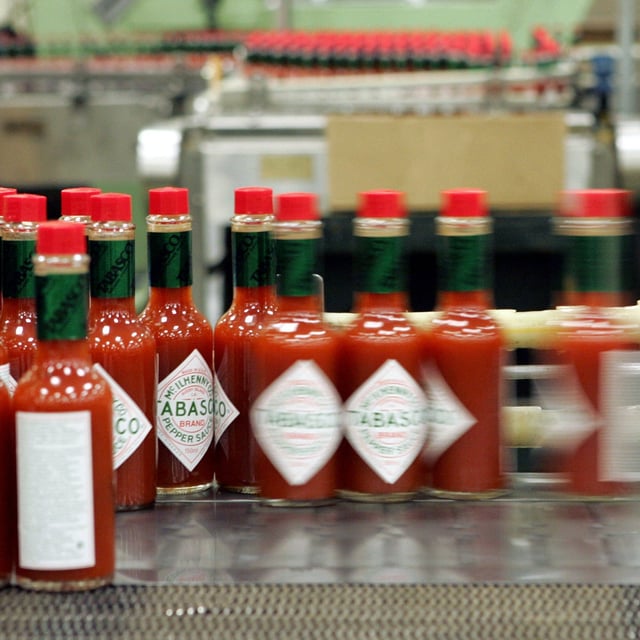Overview
- Researchers at Pennsylvania State University reported that adding chili pepper to meals slows eating rate and reduces overall food intake
- Piedmont Atlanta Hospital dietitian Haley Robinson said capsaicin raises core temperature and can boost metabolism by up to 5 percent
- Cleveland Clinic dietitian Patricia Bridget Lane noted capsaicin may act on the hypothalamus to curb hunger and increase feelings of fullness
- Harvard University researchers linked nearly daily consumption of spicy foods to a 14 percent lower risk of death from heart disease
- Rush University physician-scientist Thomas Holland warned that pairing chili peppers with high-fat, high-calorie dishes could offset their potential health benefits

